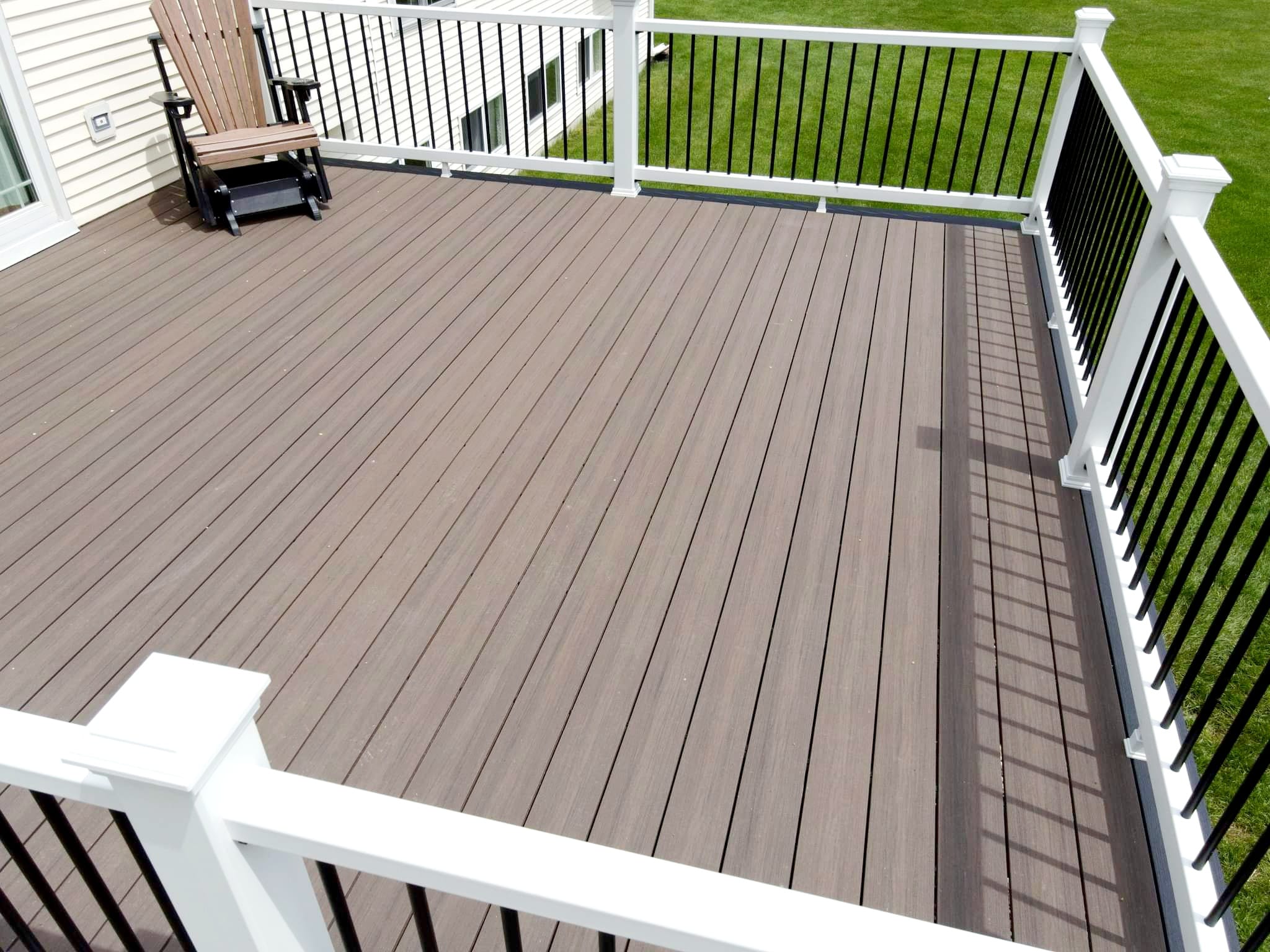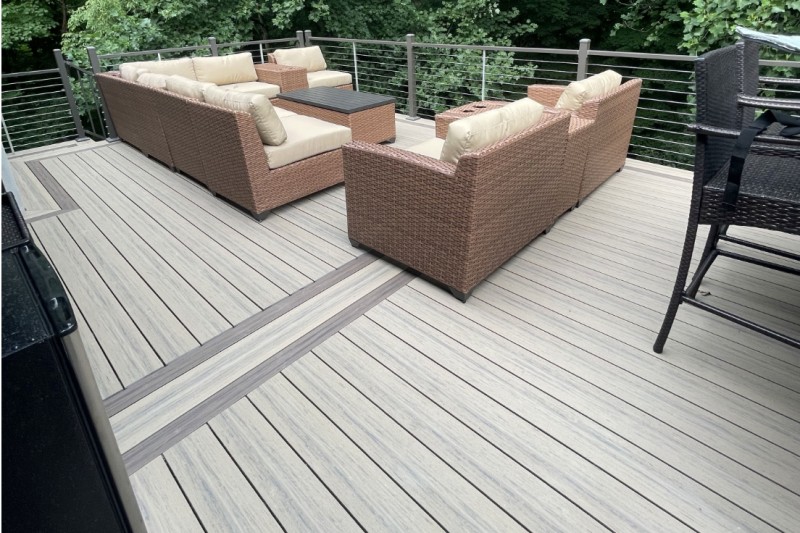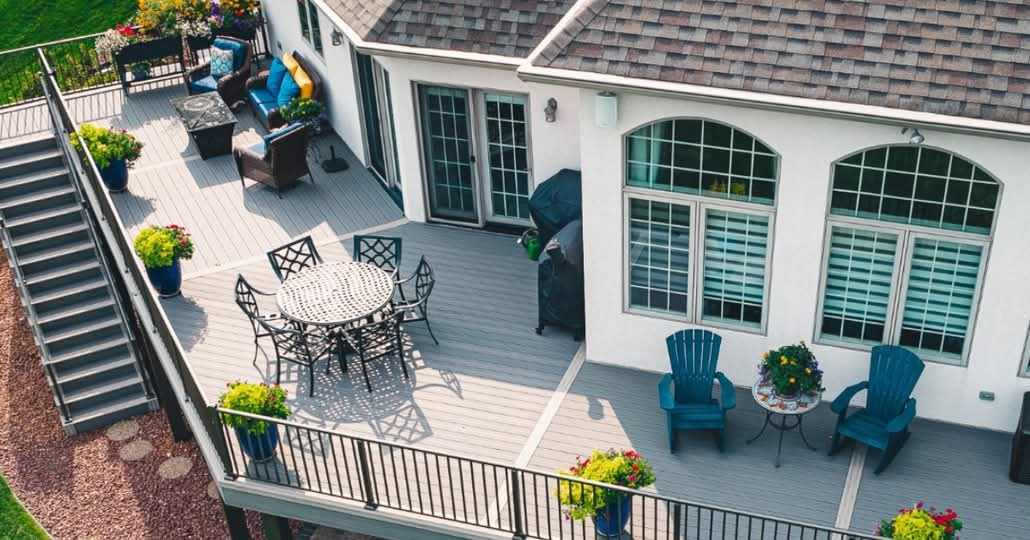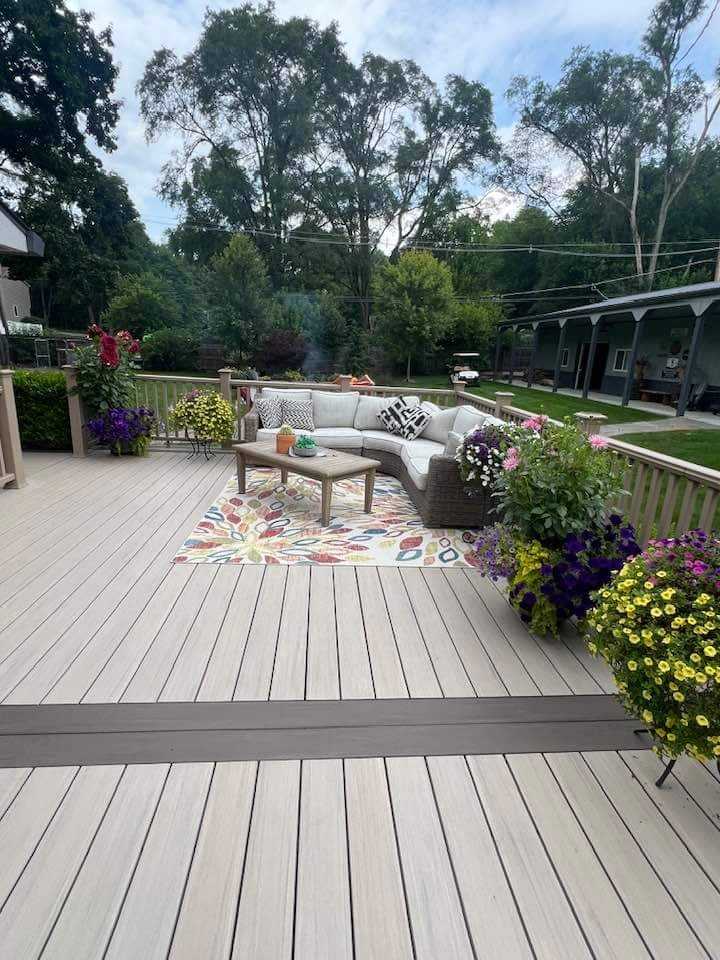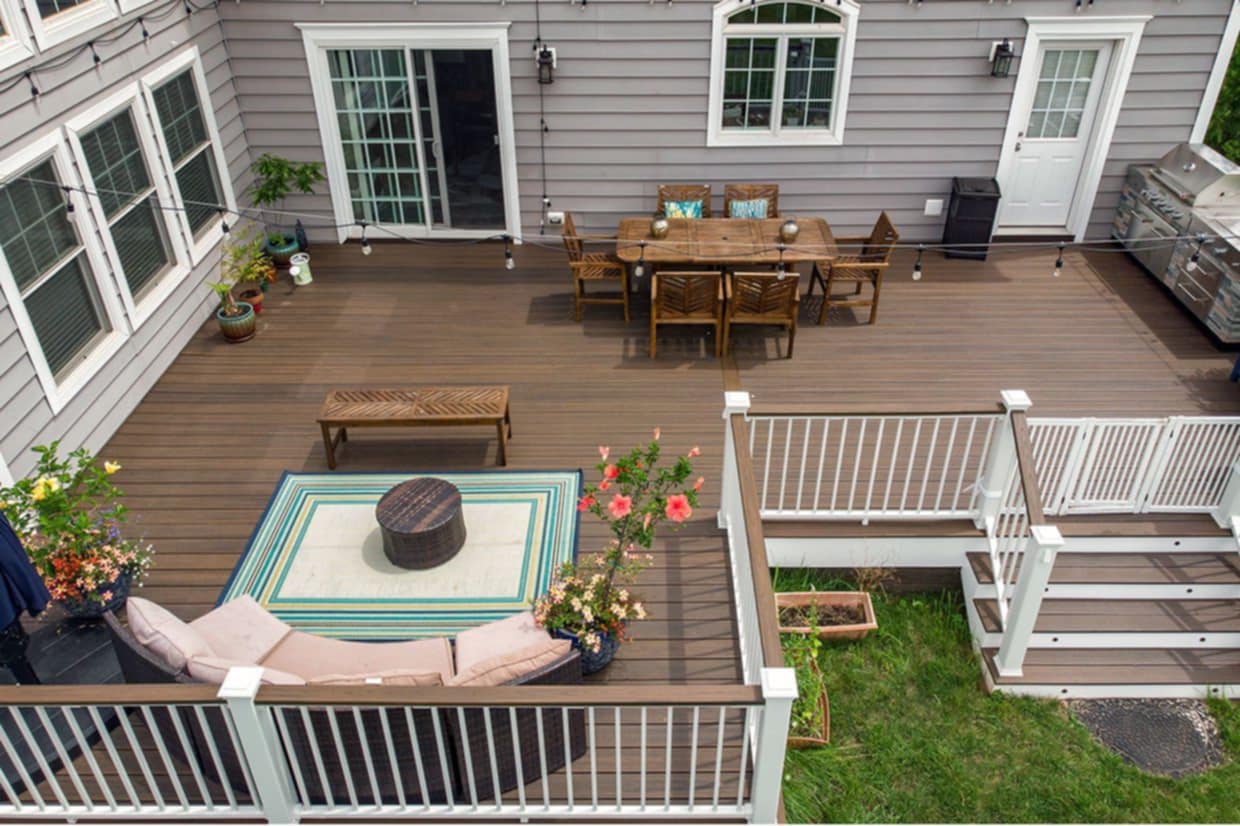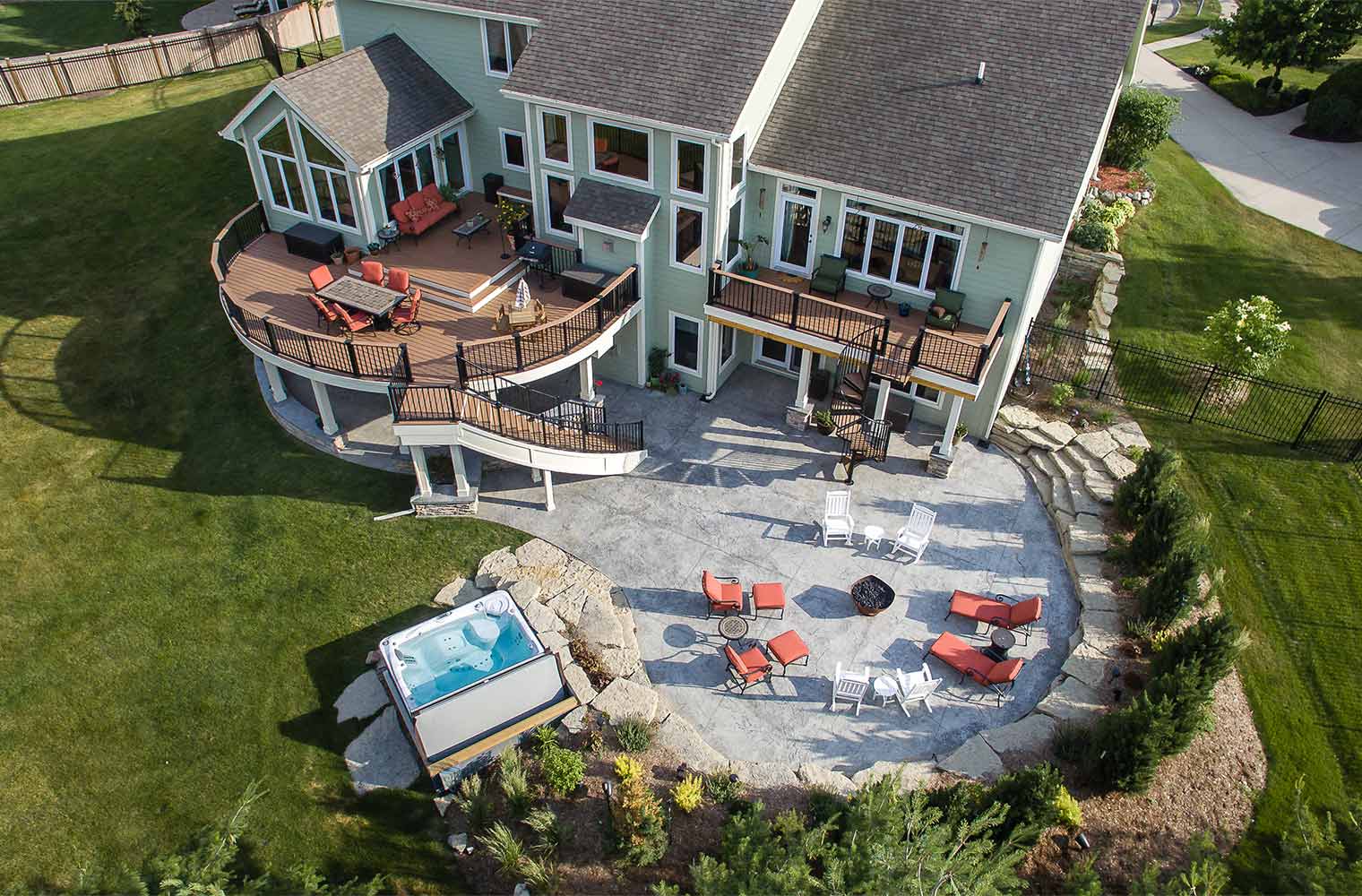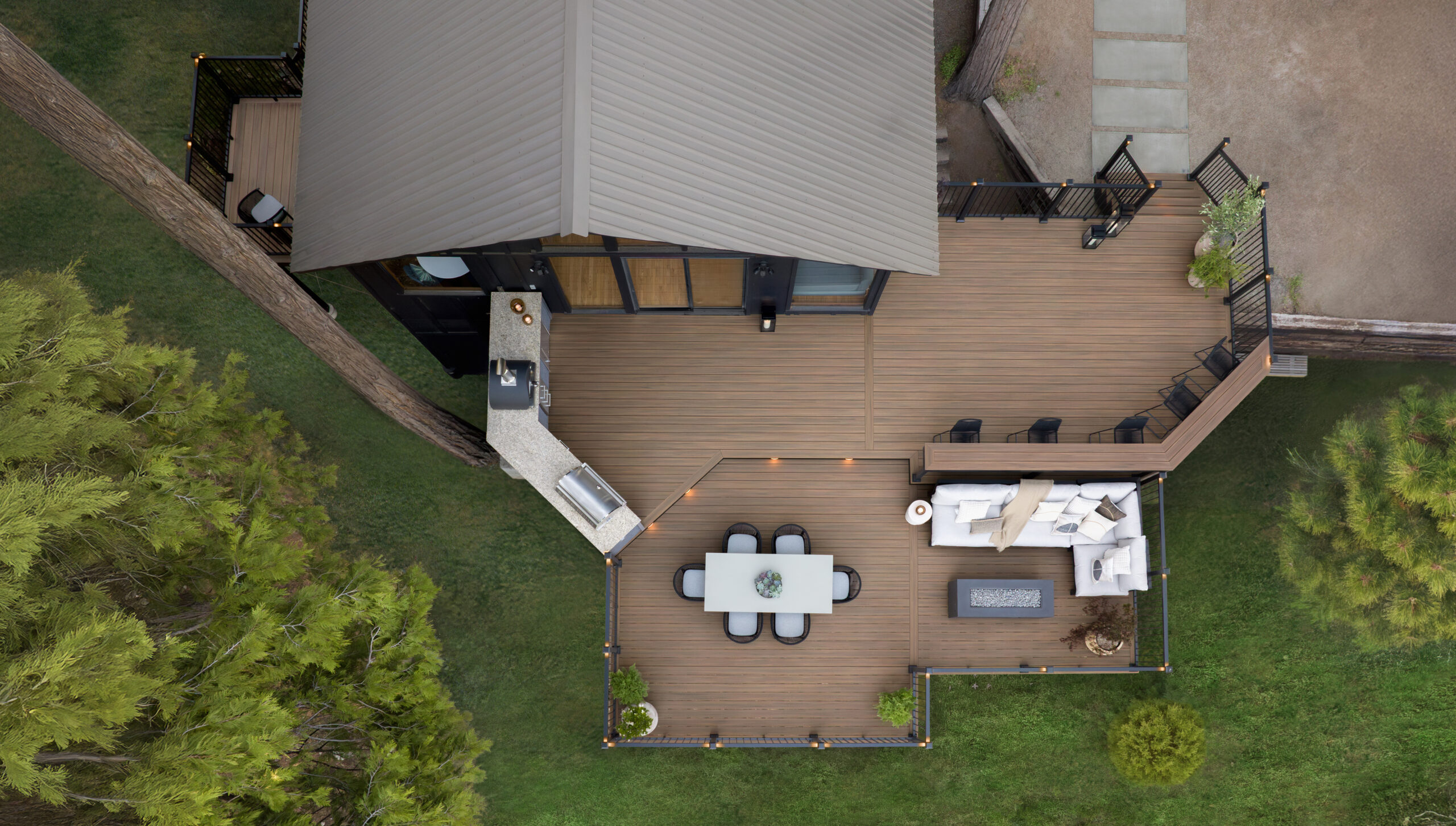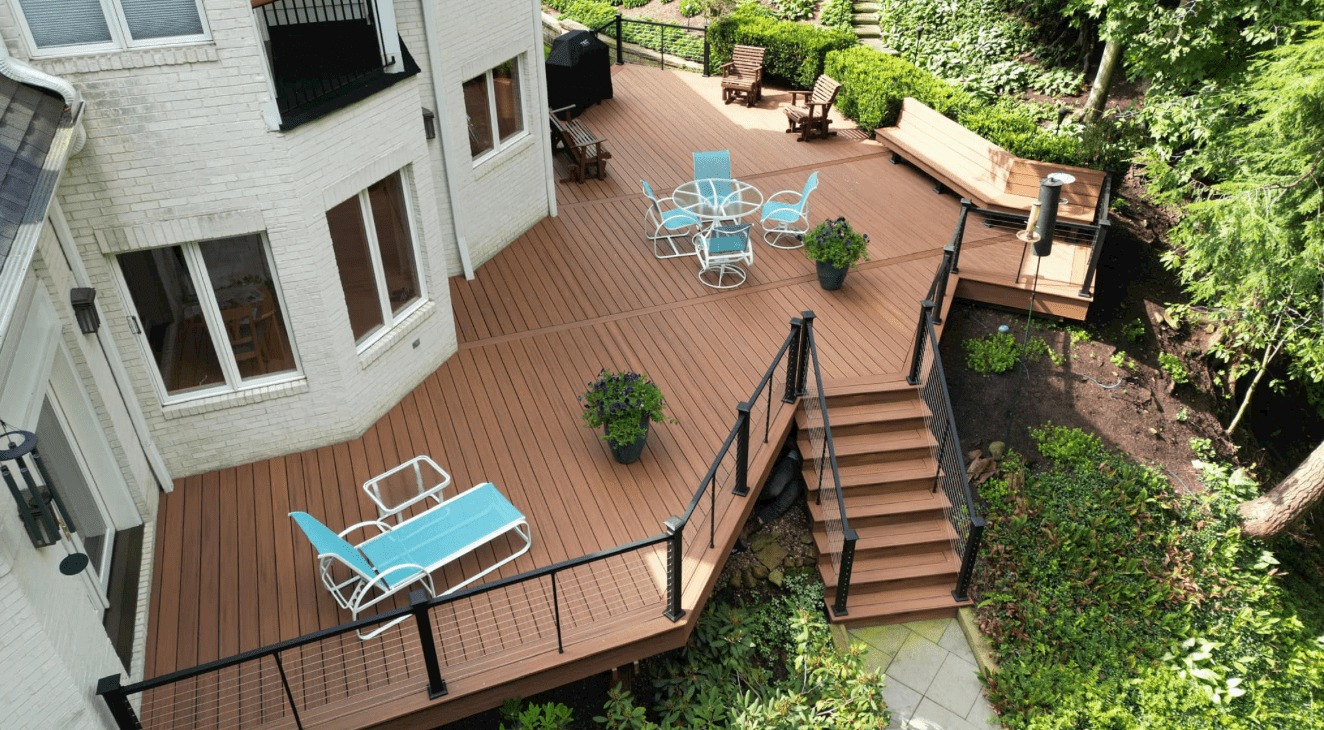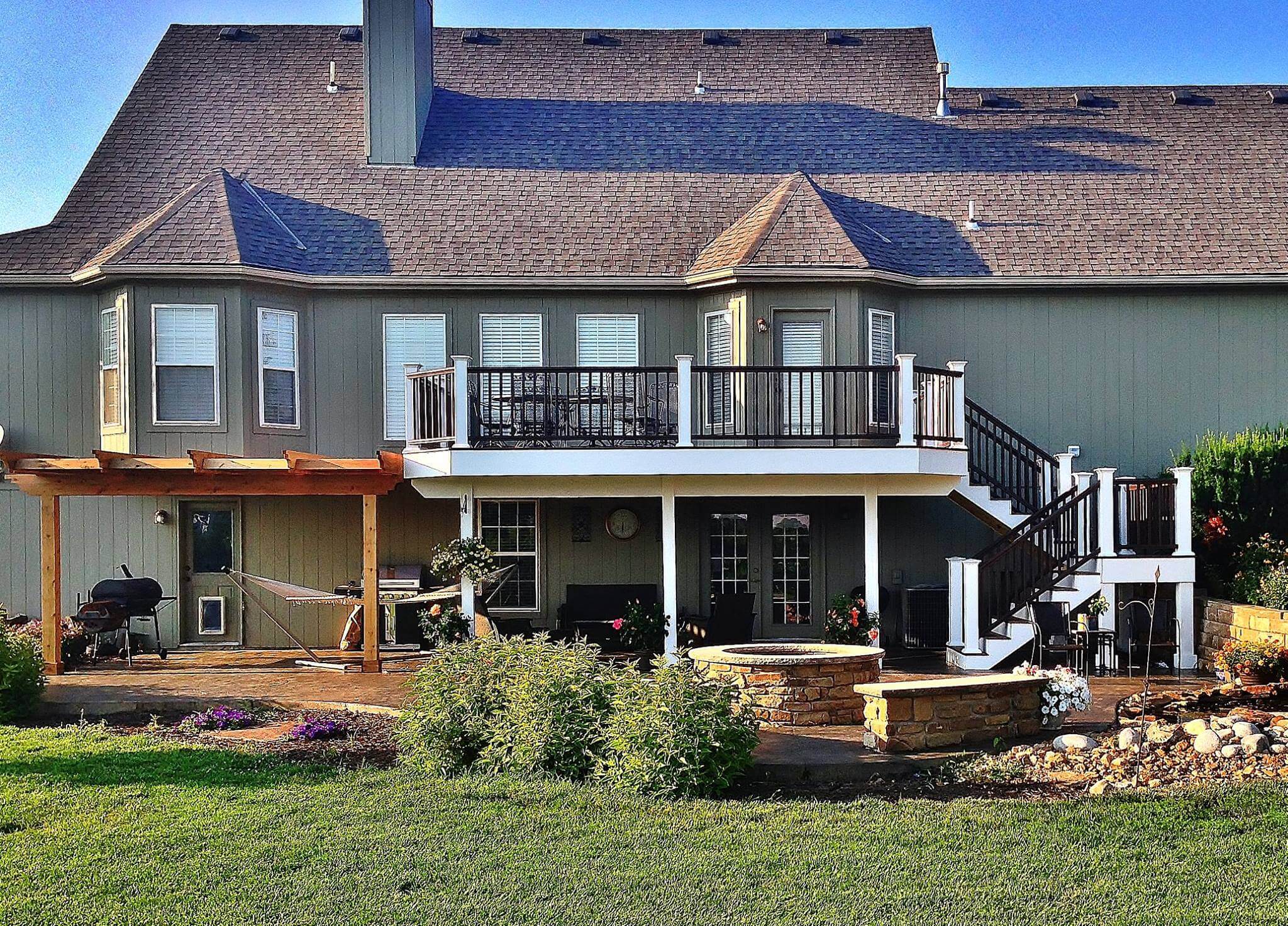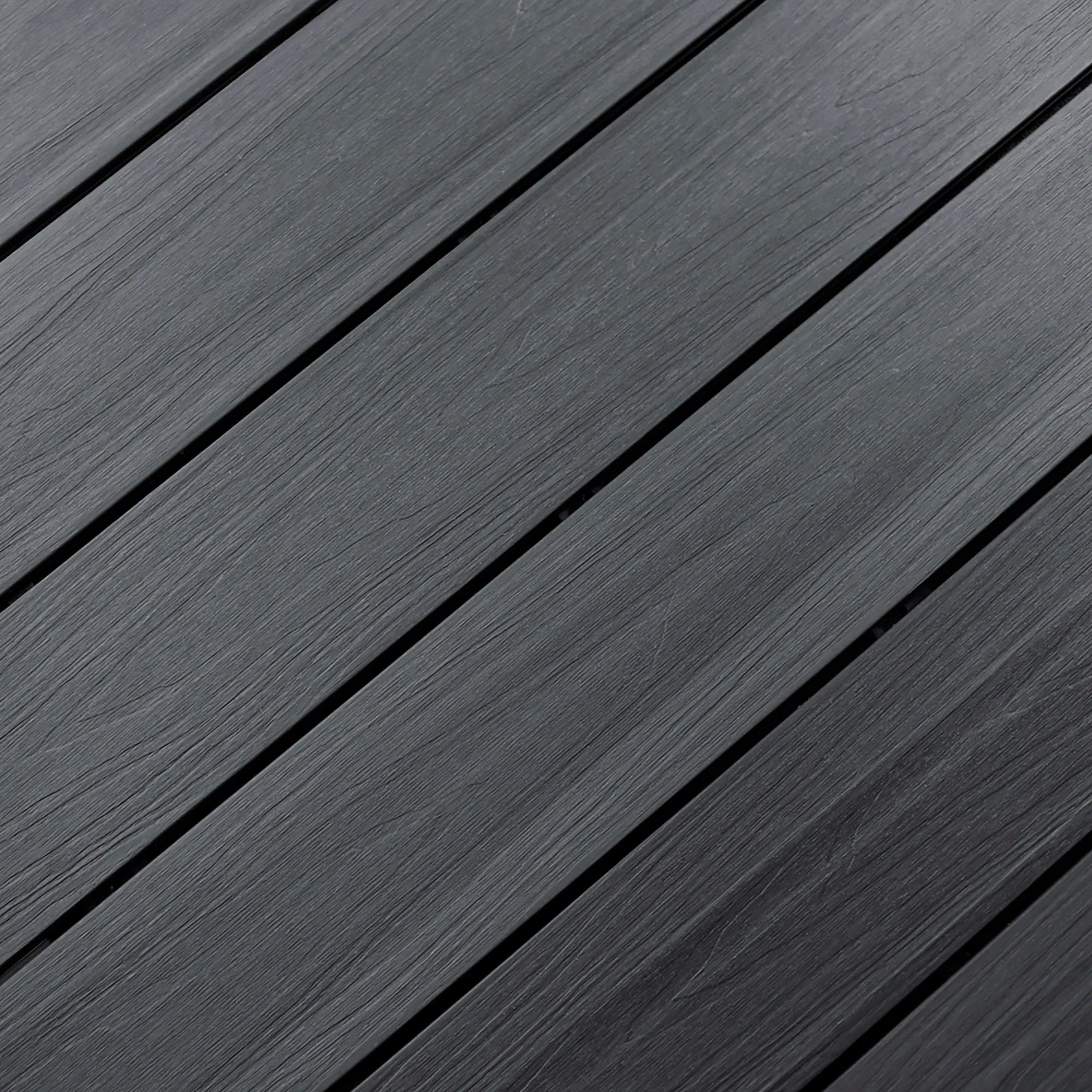Is Trex Decking More Affordable Than Traditional Lumber?
When planning a deck building project, one of the most important decisions homeowners focus on is choosing the right decking material. Two of the most popular options are traditional wood lumber and composite decking, such as Trex. While both materials have their advantages and drawbacks, many homeowners are particularly interested in the cost comparison between Trex composite decking and traditional lumber. Here, we’ll talk about the factors that influence the affordability of Trex decking compared to wood, helping you make an informed decision for your deck project.
What is Trex Decking?
Before we dive into the cost comparison, let’s briefly review what Trex decking is and its key features. Trex is a well-known brand of composite decking, which is made from a blend of recycled wood fibers and plastic. This combination creates a durable, low-maintenance decking material that replaces natural wood without the common drawbacks like splinters, rot, and constant upkeep.
Trex decking is designed to resist fading and staining, and it comes in a wide variety of colors and grain patterns to suit different styles and preferences. It’s also eco-friendly, as it’s made from recycled materials and helps reduce the demand for new lumber.
Initial Cost Comparison
One of the most significant factors in the affordability of Trex decking versus traditional lumber is the initial cost of materials. In general, Trex decking is more expensive than most common wood decking options, such as pressure-treated pine or cedar. However, the exact price difference can vary based on factors like the specific Trex product line, the type and grade of lumber, and local market conditions.
On average, here are the typical price ranges for popular decking materials:
Pressure-treated pine: $15 to $25 per square foot
Cedar: $20 to $30 per square foot
Trex Enhance (entry-level): $20 to $30 per square foot
Trex Select (mid-range): $30 to $40 per square foot
Trex Transcend (premium): $40 to $50 per square foot
As you can see, even the most affordable Trex option, Trex Enhance, is priced similarly to the higher end of the wood spectrum, cedar. The more premium Trex lines, Select and Transcend, can be significantly more expensive than traditional lumber options.
However, it’s important to keep in mind that the initial cost of materials is just one piece of the affordability puzzle. To get a more comprehensive understanding of the cost differences between Trex and lumber, we need to consider the long-term costs and benefits as well.
Long-Term Cost Factors
While Trex decking may have a higher upfront cost than traditional lumber, there are several long-term cost factors that can make it a more affordable choice over the lifespan of your deck:
Maintenance Costs
One of the most significant long-term cost savings of Trex decking is its minimal maintenance requirements. Unlike wood decks, which need to be sanded, stained, and sealed regularly to maintain their appearance and structural integrity, Trex decks only require occasional cleaning with soap and water to keep them looking great.
Over the 10 to 20-year lifespan of a typical wood deck, the ongoing maintenance costs can add up significantly. Depending on the size of your deck and the frequency of maintenance, you could easily spend several thousand dollars on supplies, tools, and labor to keep a wood deck in top shape.
In contrast, the maintenance costs for a Trex deck are minimal, typically only requiring a few hundred dollars worth of cleaning supplies over the same period. This long-term maintenance cost savings can help offset the higher initial cost of Trex decking.
Durability and Lifespan
Another factor that influences the long-term affordability of Trex decking is its superior durability and longer lifespan compared to traditional lumber. While a well-maintained wood deck can last 10 to 20 years, Trex decking is designed to last 25 to 30 years or more with minimal upkeep.
This longer lifespan means that you can spread the initial cost of Trex decking over a greater number of years, potentially making it a more cost-effective choice in the long run. In contrast, a wood deck may need to be repaired or replaced sooner, requiring additional investments in materials and labor.
Repair and Replacement Costs
Related to durability and lifespan, the potential repair and replacement costs for Trex decking versus traditional lumber are another important consideration. Wood decks are more susceptible to damage from moisture, insects, and general wear and tear, which can lead to costly repairs or even premature replacement.
Common wood deck issues like warping, splintering, and rotting can be expensive to fix, often requiring the replacement of individual boards or entire sections of the deck. These repair costs can add up quickly and may need to be addressed multiple times over the lifespan of a wood deck.
Trex decking, on the other hand, is highly resistant to insects and decay, making it less likely to require costly repairs or replacements. While no decking material is completely immune to damage, Trex’s decking can provide greater peace of mind and potential cost savings over time.
Return on Investment
Its worth considering the potential return on investment (ROI) of Trex or composite decking compared to traditional lumber when evaluating long-term affordability. A deck is often seen as a valuable home improvement that can increase property value and appeal to potential buyers.
According to Remodeling Magazine’s 2021 Cost vs. Value Report, a composite deck addition has an average ROI of 63.2% nationally, while a wood deck addition has an average ROI of 65.8%. While the ROI for wood is slightly higher, the long-term maintenance and durability benefits of composite decking may make it a more attractive choice for some buyers.
Additionally, the low-maintenance aspect of Trex decking can be a significant selling point for homeowners who value convenience and minimal upkeep. This can potentially help your home stand out in a competitive market and command a higher resale price.
Other Factors to Consider
Beyond the direct cost comparisons, there are a few other factors that can influence the affordability and value of Trex decking versus traditional lumber:
Aesthetic Options
While wood decking offers a classic, natural look, Trex decking comes in a wide variety of colors, finishes, and textures that can suit a range of design preferences. For homeowners who want a specific, hard-to-match color or a low-maintenance wood look, Trex decking may offer a more affordable and practical solution.
Installation
The cost of installation can also impact the overall affordability of your decking project. In general, Trex decking is more expensive to install than traditional lumber, as it requires additional framing, special tools and techniques for proper installation.
Ultimately, the decision to use Trex decking or traditional lumber will depend on your specific budget, priorities, and long-term goals for your deck project.
So, is Trex decking more affordable than traditional lumber? The answer depends on a range of factors, including the initial material costs, long-term maintenance and durability considerations, and your individual preferences and priorities.
While Trex decking does have a higher upfront cost than most traditional lumber options, its low-maintenance benefits, longer lifespan, and potential repair savings can make it a more affordable choice in the long run. Additionally, the environmental benefits and diverse aesthetic options of Trex decking may add value for some homeowners that goes beyond just the direct cost comparisons.
However, for homeowners with a limited budget or those who prefer the natural look and feel of real wood, traditional lumber may still be the more practical and affordable choice. Ultimately, the best decking material for your project will depend on your specific needs, goals, and resources.
Trust the Experts in Composite Deck Installation
Whether you’re just starting to explore your options or are ready to begin building, Decked Out Builders is here to be your reliable deck-building partner. Our team of experienced professionals has decades of expertise as leading composite deck builders in Illinois and Wisconsin. We’re more than happy to address any questions you may have about composite decking materials and can assist you in scheduling a consultation when you’re prepared to proceed.
In addition to custom composite decks, we provide a variety of other outdoor living services, such as porches, patios, pergolas, outdoor kitchens, and more. Take a look at our portfolio of showcase custom decks and request your quote today to begin transforming your outdoor living aspirations


